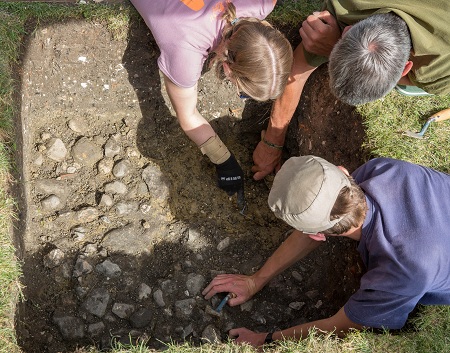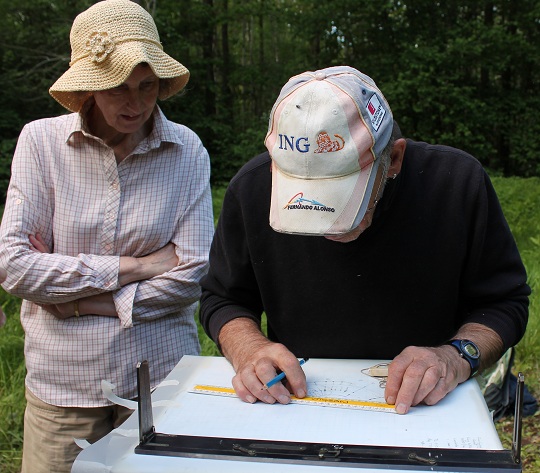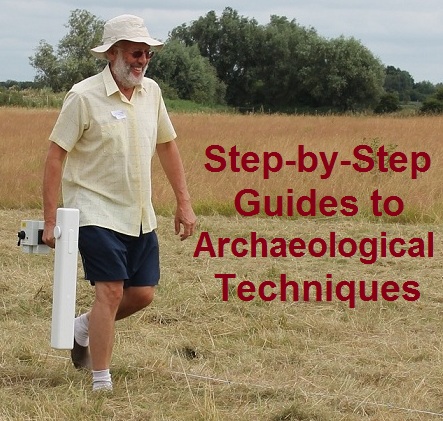 |
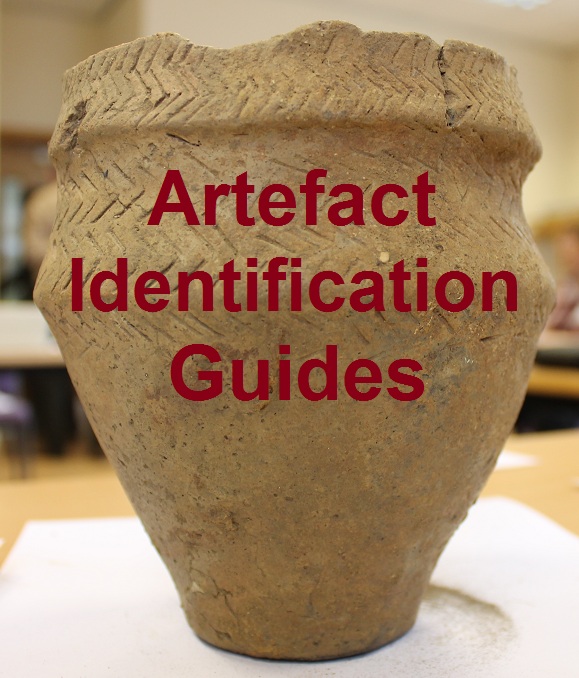 |
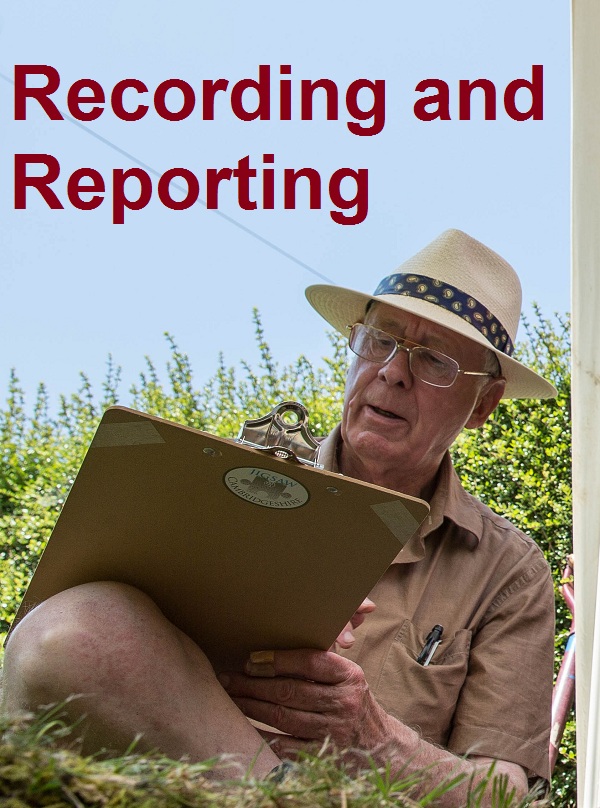 |
Excavation
Step By Step Guide to Testpitting - a practical guide to testpitting digging by true archaeological contexts, rather than by 10cm spits.
A Basic Introduction to Archaeological Excavation - an introduction to setting up and running an archaeological excavation. Further in depth guides on testpitting and single context recording to follow.
Step-by-Step Guide to Finds Washing - a basic guide to how to go about pot washing, and what to look out for.
Fieldwalking
Step-By-Step Guide to Fieldwalking - a practical guide to fieldwalking using the 20m2 grid methodology.
Geophysical Survey
Step-by-Step Guide to Conducting a Geophysical Resistivity Survey - a practical hands-on guide to using the RM85.
Step-by-Step Guide to Conducting a Geophysical Magnetometry Survey - a practical hands-on guide to using the FM256.
Step-by-Step Guide to using Snuffler to process FM256 Magnetometry Surveys
Step-by-Step Guide to using Snuffler to process RM85 Resistivity Surveys
Landscape Survey
Step-by-Step Guide to Plane-table Surveying - a practical hands-on guide to plane table surveying.
Step-by-Step Guide to Off-set Survey - a practical hands-on guide to off-set surveying.
Step-by-Step Guide to Dumpy-level Survey - a practical hands-on guide to dumpy-level surveying.
Archaeological Landscape Survey: Principles for Surveying Earthworks
Metal Detecting
An Introduction to Metal Detecting - Peter Dight, metal detectorist
Metal Detecting Policy - Helen Fowler, Portable Antiquities Scheme
Websites
The following websites have useful guides:
ISGAP - the CBA, IfA and English Heritage have created an Introduction to Standards and Guidance in Archaeological Practice: a set of resources designed specifically for people in community archaeology.
West Yorkshire Archaeology Advisory Service has some very useful guides to archaeological techniques.
BAJR - the British Archaeological Jobs and Resources website has some useful guides to various techniques.
IfA - The Institute For Archaeologists is the professional body supporting commercial archaeologists. It has Codes, Standards and Guidance which is binding on all IfA members, and is also good best practice for those working in community archaeology.





